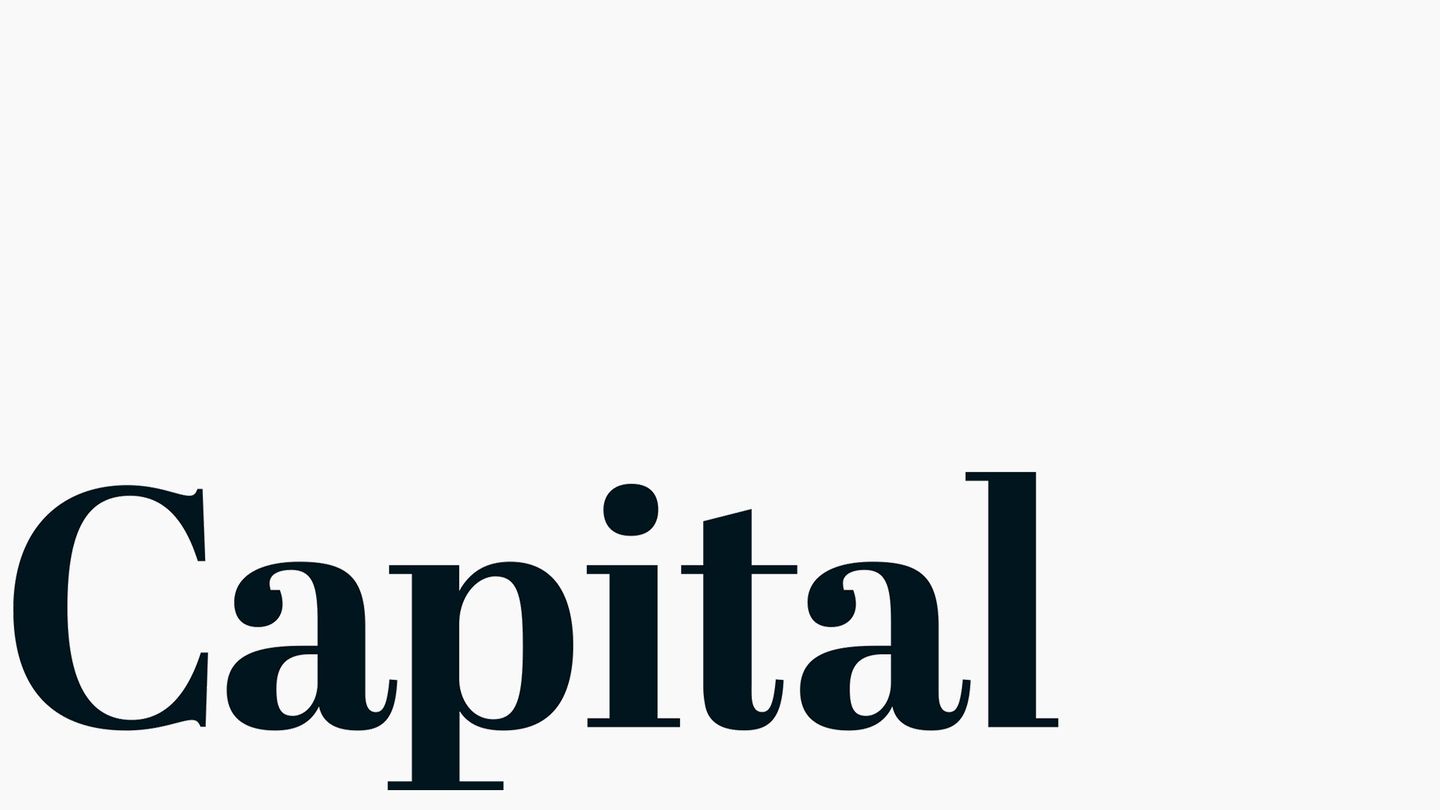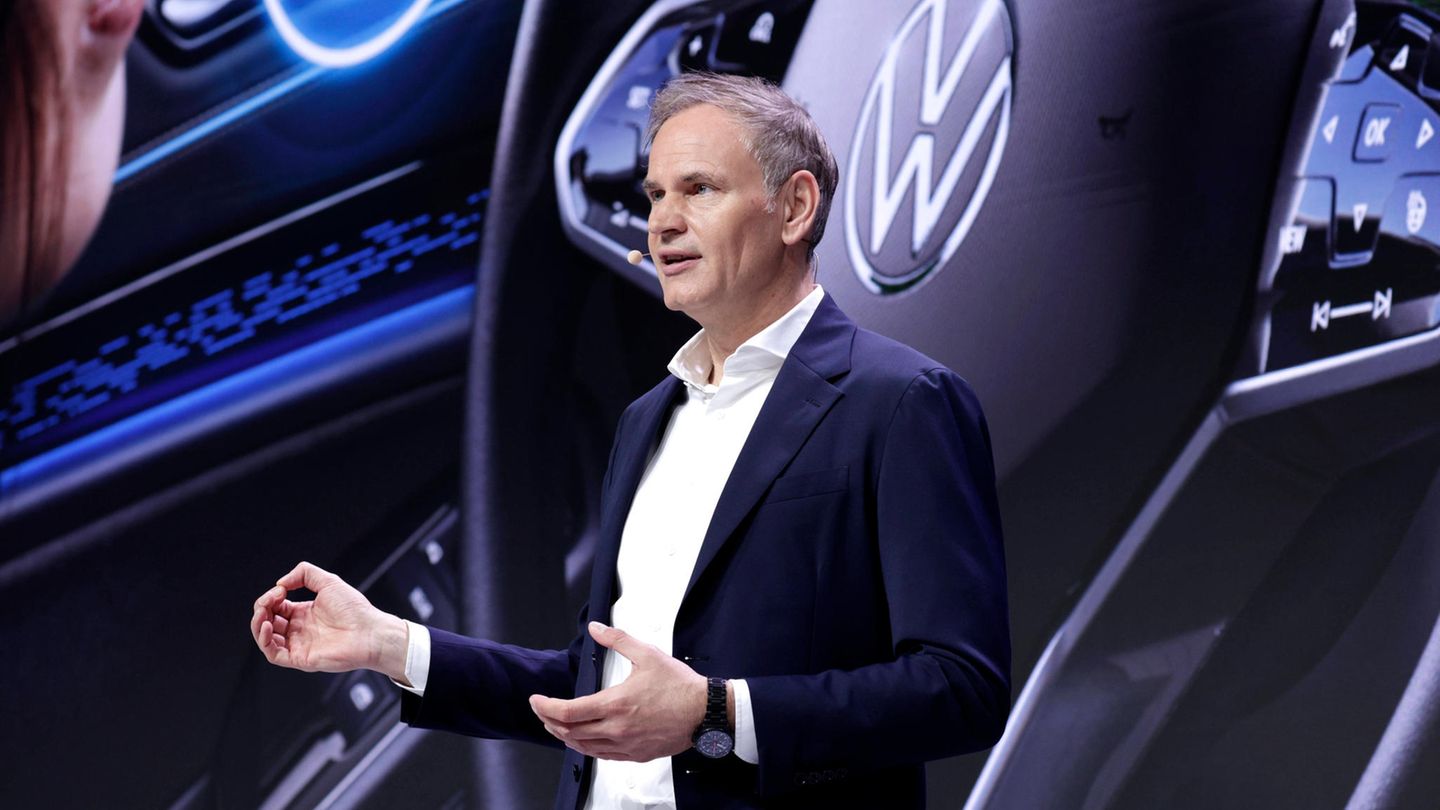analysis
Germany’s largest car manufacturer, VW, is doing worse than expected. CEO Oliver Blume is now considering plant closures. Breaking the taboo could trigger a power struggle.

This is original content from the Capital brand. This article will be available for ten days on stern.de. After that, you will find it exclusively on capital.de. Capital, like the star to RTL Germany.
The VW Group is crisis-tested. But what CEO Oliver Blume announced at a management meeting on Monday is likely to shake Wolfsburg in a different way. The carmaker has to tighten its belt even more; according to company sources, up to 4 billion euros in additional savings are at stake. This means that a German plant and job security are now at risk. There are reasons why VW wants to break two taboos now of all times.
So far, the austerity measures have been relatively quiet. Costs have been reduced primarily by taking advantage of the so-called demographic curve. This means that the jobs of the departing employees have simply not been renewed; where possible, employees have been persuaded to leave voluntarily through partial retirement and severance pay programs. It is now clear that this is not enough to stabilize the faltering car giant.
The Volkswagen board underestimated how serious the situation is and how bad the company is doing: the European car market is stagnating at best, and overcapacity in VW’s plants is increasing. And in China, VW’s largest sales market, the German carmaker is lagging behind. Everything went electric so quickly that the technical and cost-related deficit cost VW its position as market leader in China last year. At the same time, the Chinese economy is plummeting rapidly, which is also causing problems for the company.
VW employees could lose influence
In view of this development, the number of voluntary departures is not sufficient for the company to achieve its – actually not so lavish – targets in terms of profitability. The management board is bringing out the big guns. This now threatens to undermine one of the company’s most valuable assets: the enormous influence of the employee representatives.
In the fall, VW will be negotiating with IG Metall on a new collective agreement for its West German plants. The union is demanding a seven percent increase over twelve months. VW’s budget is unlikely to be anywhere near that. At the same time, VW is holding a planning round in which investments and plant occupancy are being finalized. The fact that employees are allowed to have a say and have a say in the process is unique in the corporate landscape. Just last year, for example, under pressure from employees in the planning round, the company promised to have an electric SUV built in Wolfsburg in order to secure employment from 2026. CEO Oliver Blume has now questioned this promise.
Declaration of war from the CEO
The contract for the electric SUV has been withdrawn. The employment guarantee until 2029 is shaky. Plant closures are threatened. Blume’s announcements not only call into question some employee privileges. They are like a declaration of war.
CEO Blume, who has previously appeared friendly and approachable, is now in open conflict with employees and the works council. He is playing tactics, he is escalating. On the other hand, the works council will hardly tolerate the management shaking up the traditional vested interests and demands of the workforce. At the same time, the poor economic situation will not simply disappear into thin air; it simply cannot be done without austerity measures – a stalemate for both sides.
In Wolfsburg, it could come down to a power struggle. The abolition of the job guarantee and a possible factory closure, which Blume has suggested, are likely to be well-positioned bargaining chips. It is particularly unlikely that factories will actually be closed, as employee representatives and the state of Lower Saxony have a majority on the supervisory board and thus blocking power.
Many people are reminded of the fate of Blume’s predecessor Herbert Diess these days. He had to leave his post two years ago, partly because he had raised the question internally of whether Wolfsburg would have to do without 30,000 employees. In the meantime, significantly more jobs are likely to be at stake.
Source: Stern




